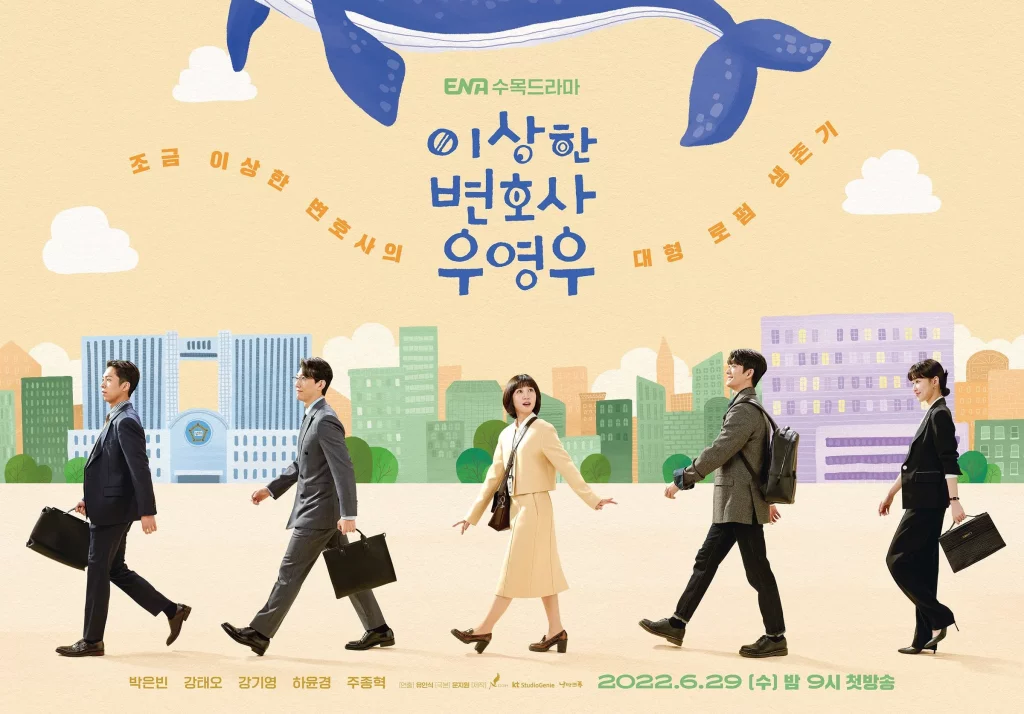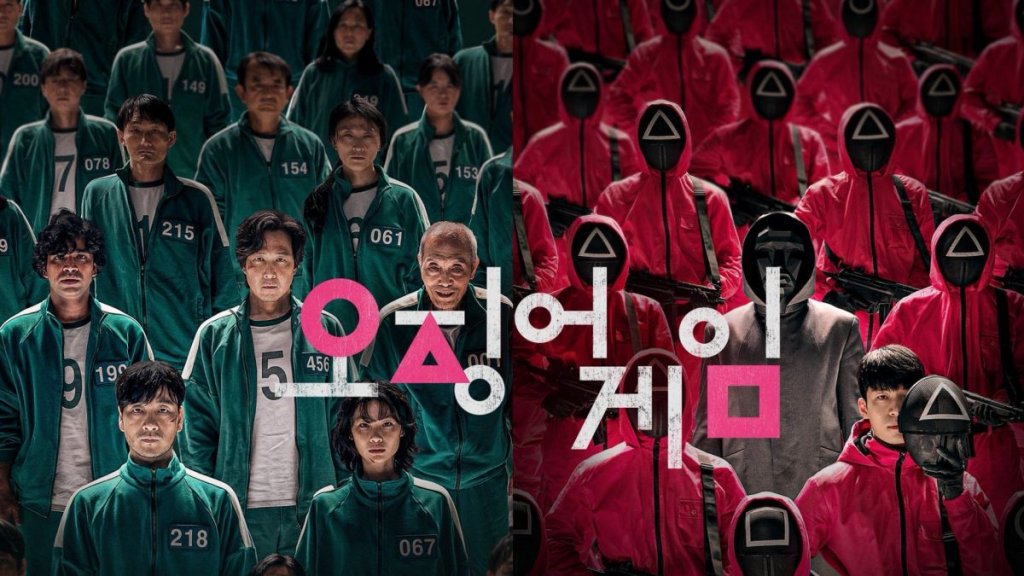Africa-Asia And The World:
What Relations For Global Peace, Justice, Prosperity And Sustainability?,
International and Inter-Trans-Disciplinary Offline and Online Conference
International and Inter-Trans-Disciplinary Offline and Online Conference of: Inauguration of African-Asian and International Studies Institute AFRASI; Commemoration of the 65th Anniversary of the 1958 Accra All-African People’s Conference
Ouagadougou, Burkina Faso, December 13-15, 2023
INTRODUCTION
At the beginning of the new millennium, Africa remains a place where economic, geopolitical, and cultural interests from all over the world converge. Diverse summits with Africa have been organized regularly to shape the exchanges of the continent with global players (China-Africa/FOCAC, Japan-Africa/TICAD, India-Africa, Korea-Africa, Turkiye-Africa, Iran-Africa, Indonesia-Africa, Regular Commemorative Conferences of the Asian-African Conference, USA-Africa, EU-Africa, etc.). Another proof of the continent's importance on the world stage is the increasing presence of Asian countries such as China, India and Japan, or the return of historically relevant players such as Russia, not to mention the attempts of former colonizing powers to maintain their influence. Thus, the suspicious views of relations between Africa and Asia (especially China) and Eurasia (especially Russia) presented in the Western mainstream media do not do justice to the historical ties between Africa and Asia/Eurasia since at least the Bandung Conference (April 1955) characterized by their common struggles against colonialism and for independence.
Several points of convergence make it fair to focus on the Africa-Asia tandem. From a historical point of view, these are the continents that, despite European colonial ambitions, have retained their demographic and cultural bases, unlike other areas such as America and Australia, where colonial conquest and occupation were accompanied by the genocide of indigenous peoples, the suppression of their cultures and the installation of European culture, and where the descendants of colonial rulers and European immigrants continue to rule the areas to the present day. Moreover Africa and Asia shared common painful experiences of being colonized by European imperial power and common struggles for their independence at the same historical period (19th-20th centuries). In a world marked by global and diverse crises, Africa, and Asia, being distinctive in term of civilization from Western-dominated ones, have the potential to offer alternatives for rethinking their relationship with the world, based on imaginations, cultures, and development models different from the Western-led globalization. Considering demographic growth, projections predict that 80% of the world's population will be in Africa and Asia by the end of this century; this could be seen as a problem but also as an opportunity to take advantage of a tremendous human capital for the development of Asia and Africa, and concomitantly of the world. In economic terms, Asia has become Africa's leading trading partner. The search for new economic and political partners, particularly in Africa, signals that both continents will strengthen existing ties and find new avenues for cooperation. Convergence between Asia and Africa is also clear since they are confronted with common challenges, which includes poverty eradication and creation of social justice, security issues, the management of ethnic and religious diversity, and exploitation of natural resources for sustainable development and prosperity of people.
The international and inter-trans-disciplinary conference "Africa-Asia and the World: What Relations for Global Peace, Justice, Prosperity and Sustainability?" aims to reflect on these relations between Africa and Asia, as well as those between the African-Asian tandem and the rest of the world. Based on the diversity of approaches and disciplines of the speakers, this conference will be an opportunity to better understand and recommend policies of political, economic, and cultural relations to be developed between Africa and Asia, and with the rest of the world, to build a common future, based on more peace, justice, prosperity and sustainability.
ISSUES
The followings are non-exhaustive issues expected to be raised in the conference:
- Before and beyond hegemony of the West: what were and will be Africa-Asia relations?
- Africa-Asia and Africa-Eurasia: what convergence and what divergence?
- Africa, Asia, Eastern Europe and Latin America: do they continue to be the peripheries of the West?
- Africa-Asia Business Development: what challenges and what perspectives?
- MSME (Micro, Small, and Medium Enterprises) in Africa and Asia: what role in national economy and what mutual exchanges are possible?
- BRICS summit in Africa: what impacts on Africa?
- NAM, BRICS, Africa, Asia and Latin America: what synergy for a global restructuring?
- The West and Asia in Africa: what interests and what risks for Africa?
- The summits of China-Africa, India-Africa, Japan-Africa, Korea-Africa, Turkiye-Africa, Iran-Africa, Indonesia-Africa, EU-Africa, USA-Africa: what perspectives for Africa?
- FESPACO and BIFF (Busan International Film Festival): what relations are mutually and globally beneficial?
- African, Asian and American Tropical Forests: what challenges and perspectives for economy and ecology?
- Black-lives-matter: racism against African and Asian in the West, does it continue?
- Tradition, Culture and Religion: what role in patriarchy and gender issues?
- Indigenous and Imported Religions: what challenges and what perspectives for a peaceful co-existence or fusion?
- Languages and Nations: what place for former colonial languages in national independence and sovereignty?
- The Afrodescendant in America, Asia, Australia, Europe, Pacific and Oceania: who are they and what do they become?
- Demography, Migration, Urbanisation, Ruralisation: what planning and what mitigation?
- The G20 and the 20 poorest countries in the world: what relations?
- The G20 Summits: what impacts on Africa?
Other relevant issues will be welcome.
OFFLINE AND ONLINE PARTICIPANTS
The conference encourages the participation of scholars from a wide range of scientific disciplines (area studies, cultural studies, ecology, economics, geography, history, humanities, languages, management, political and social sciences...) and practitioners from diverse professional fields (business, civil society, education, enterprise, government, management, parliament, public policy, social and solidarity movements...) as well as artists, writers, journalists and activists of social and solidarity movements, based in diverse geographical areas (North, South, East, West, Central AFRICA; North, Central, South AMERICA; the CARIBBEAN; AUSTRALIA; North, East, West, Central, South and Southeast ASIA; Central, Eastern, Southern, Northern, Western EUROPE; RUSSIA, PACIFIC, OCEANIA...).
GUIDELINES FOR PRESENTER CANDIDATES
The selection of presenters is based on the abstract and the basic personal data of the presenter candidates in respect to the following dates:
- Deadline of abstract (200-300 words) submission: June 30, 2023
- Deadline of full paper (2000-3000 words / 5-6 pages) submission: August 31, 2023
- Notification for the selected presenters: progressively from June 2023. The earlier an abstract is submitted, the earlier its author will get notified, which is important for a travel planning.
The abstract is to be submitted online here.
FINANCING
The organising committee does not provide travel grant to any participant. The presenters as well as simple participants of the conference are supposed to find the necessary fund for their own participation (visa, international and national transport, accommodation).
Contact Info:
Darwis Khudori, Faculty of International Affairs, University Le Havre Normandy, France
Contact Email:
secretariat-afrasi@e-group.bandungspirit.org







.png)















